How to Create a Moving Timeline That Prevents Last-Minute Stress
Moving can be an exhilarating new chapter, but it often comes with a hefty dose of stress, especially when deadlines loom and tasks pile up. The key to a smooth, stress-free relocation isn't magic; it's meticulous planning. By learning how to create a moving timeline, you can transform a chaotic experience into an organized, manageable process.
A well-structured moving timeline acts as your personal roadmap, guiding you through each stage of the packing, purging, and planning process. It helps you prioritize tasks, allocate sufficient time, and ensures nothing important slips through the cracks. At Kinetic Movers LLC, we understand the complexities of moving, if you're looking for a York PA long distance moving company, we're dedicated to making your transition smooth, stress-free, and affordable. and we're here to share our expert insights to help you manage your relocation with ease. This guide develops a moving schedule that keeps stress at bay and sets you up for success.
Ready to discover how to create a moving timeline that truly works?
Let's dive into a step-by-step approach designed to keep you calm and collected, even on moving day.
When Should You Start Planning Your Move?
You should ideally start planning your move at least 8 to 12 weeks before your desired moving date. Beginning early provides ample time to sort through belongings, secure professional services, and handle administrative tasks without feeling rushed.
While some moves are sudden, most allow for several weeks of preparation. Industry data suggests that the average household move takes about 6-8 weeks of planning to execute smoothly, from initial decluttering to the final box being unpacked. Starting early minimizes the likelihood of last-minute scrambles, forgotten details, and unexpected expenses. It also gives you the best chance to book your preferred moving company, especially during peak moving seasons (late spring to early fall), when professional movers are in high demand.
What Should You Do 8 Weeks Before Moving Day?
Eight weeks out is the ideal time to establish your moving foundation, including sorting through possessions and researching moving companies. This initial phase sets the tone for an organized relocation.
- Create a Master Checklist: Begin by outlining all the tasks you anticipate, from packing specific rooms to notifying utility companies. This initial brain dump will form the basis of your detailed moving plan. Breaking down the entire process into smaller, actionable steps makes the monumental task of moving feel much more manageable.
- Determine Your Budget: Understand how much you're willing to spend on the move. Considering costs for packing supplies, moving services, Kinetic Movers & Storage, we offer professional packing services designed to make your relocation as smooth and hassle-free as possible., temporary storage, potential new furniture, and any post-move expenses. A clear budget helps prevent financial surprises.
- Declutter Ruthlessly: This is arguably the most critical step and one that should begin early. Go through every room and decide what to keep, donate, sell, or discard. Less stuff means less to pack and move, saving you time, effort, and potentially money on moving costs. Experts estimate that a thorough decluttering can reduce your moving volume by up to 20-30%, a significant saving in both effort and expense.
- Research Moving Companies: Start getting quotes from reputable movers. Look for companies like Kinetic Movers LLC that offer transparent pricing, excellent reviews, appropriate licensing and insurance, and the specific services you need, to ensure your local moving is as smooth and stress-free as possible.
Create a "Move File": Designate a folder (physical or digital) to keep all moving-related documents, contracts, quotes, receipts, important contacts (movers, utility companies, realtors), and any checklists. This central hub will be invaluable as your moving journey progresses.
What Tasks Are Essential 6 Weeks Before Moving?
At the six-week mark, focus on finalizing your moving company choice and beginning the process of gathering packing supplies. This is when the practical aspects of your move really start to take shape.
- Book Your Mover: Once you've compared quotes, checked references, and verified credentials, book your chosen moving company. Confirm the exact date, time, services included, and any special requirements you discussed. A firm booking ensures you have reliable help on moving day.
- Order Packing Supplies: Estimate the number of boxes you'll need (various sizes), along with tape, bubble wrap, packing paper, permanent markers, box cutters, and specialized containers for fragile items like dishes or artwork. Many moving companies can provide these supplies or recommend trusted vendors, sometimes even offering eco-friendly reusable boxes.
- Start Non-Essential Packing: Begin packing items you don't use daily. This includes seasonal decorations, books, off-season clothing, seldom-used kitchen gadgets, and items from guest rooms, basements, or storage areas. Label boxes clearly with contents and the room they belong to in your new home. This strategy prevents overwhelming yourself closer to the move.
- Measure Furniture & Doorways: If you're moving into a new home, measure large furniture items and the doorways, stairwells, and hallways in both your current and new homes. This proactive step helps identify potential fitting issues and allows you to plan accordingly, avoiding last-minute dilemmas.
- Arrange for Time Off: If applicable, request time off from work for the moving day itself and perhaps a few days leading up to it. This dedicated time will be crucial for managing final packing, cleaning, and logistics.
How Can You Prepare 4 Weeks Before Your Move?
Four weeks before moving day, you should be well into your packing process and begin handling the logistical aspects of transferring services and records. This phase is about managing essential changes and confirmations.
- Notify Utility Companies: Contact your current utility providers (electricity, gas, water, internet, cable, trash collection) to schedule disconnect dates for your old address. Crucially, arrange for new services to be connected at your new home before you arrive. This ensures you have essential services from day one.
- Change Your Address: Submit a change of address form with the postal service. Update your address for all important accounts: banks, credit cards, insurance companies, government agencies (e.g., DMV, IRS), employers, schools, and any recurring subscriptions or online retailers.
- Transfer School & Medical Records: If you have children, arrange for their school records to be transferred to their new school. Similarly, transfer medical and dental records for your family and pets to new healthcare providers in your new location. Requesting these records well in advance can prevent delays.
- Service Appliances (if moving them): If you plan to take large appliances (washer, dryer, refrigerator, deep freezer), schedule professional servicing to prepare them for transport. This might involve disconnecting water lines, securing internal components, or cleaning.
- Inventory Valuables & Important Documents: Create a detailed list of high-value items, including jewelry, important legal documents (deeds, wills, passports), financial records, and irreplaceable sentimental items. Consider moving these items yourself or discuss specific insurance options and handling procedures to ensure their safe transit.
What Should Be Done 2 Weeks Before Moving Day?
Two weeks before the move, focus on wrapping up packing, confirming arrangements, and preparing for the final few days. This is when you consolidate your efforts and refine your moving plan.
- Confirm with Movers: Reconfirm the date, precise time, exact address, and any specific instructions or last-minute changes). Ensure they have accurate directions to both locations and understand access points for their truck.
- Pack an "Essentials Box": This crucial box should contain items you'll need immediately upon arrival at your new home. Think toiletries, medications, a change of clothes for a few days, basic tools (screwdriver, wrench), snacks, pet supplies, important documents, chargers for electronics, and any comfort items. Label it clearly and keep it separate so it's easily accessible.
- Defrost Freezer & Use Up Perishables: If your refrigerator is moving with you, start eating down frozen foods and perishables. Plan to defrost and clean the freezer at least 24-48 hours before the move to prevent water damage and odors during transit.
- Safely Dispose of Hazardous Materials: Identify and safely dispose of paints, aerosols, cleaning chemicals, flammables, and other hazardous materials that movers cannot legally transport. Check local regulations for proper disposal, often at designated waste facilities.
- Gather Important Documents (to carry yourself): Collect passports, birth certificates, social security cards, insurance policies, medical records, financial statements, wills, and other critical papers. Place them in a secure, portable file that you will personally carry on moving day. Do not pack these with your general belongings.
How Do You Prepare During the Final Week Before Moving?
The final week before moving is dedicated to last-minute packing, cleaning, and preparing your current home for the movers. This period requires precise execution of your meticulously crafted moving timeline.
- Finish All Packing: Aim to have almost everything packed except for essentials by the middle of the week. Label all boxes clearly on at least two sides with their contents and destination room.
- Clean Your Current Home: Begin deep cleaning rooms as they become empty. For a truly stress-free experience, especially if you're selling or breaking a lease, consider hiring professional cleaners to handle the final clean-up after the movers depart.
- Prepare Remaining Appliances: Disconnect, clean, and prepare any remaining appliances for transport. This might include ensuring washing machine hoses are drained or securing oven racks.
- Empty Trash Cans & Recycling Bins: Ensure all trash is disposed of properly and recycling bins are emptied on their last collection day before your move.
- Charge Electronics: Charge phones, laptops, tablets, and any other essential devices you'll need on moving day or immediately upon arrival.
- Confirm Directions & Access: Reconfirm specific parking arrangements, access points, and any building restrictions (like elevator reservations or service entrance requirements) for the moving truck at both your current and new locations.
- Pack a "First Night" Bag: Similar to the essentials box, this is a smaller bag with PJs, fresh clothes for the next day, toiletries, and any comfort items you'll need immediately after a long day of moving.
What Are Key Actions for Moving Day?
On moving day, your primary role is to oversee the process, answer questions, and handle any immediate needs. With your careful planning, this day should be well-orchestrated and significantly less stressful.
- Early Start: Get an early start. Have breakfast, get dressed, and be ready before the movers arrive.
- Supervise & Guide: Be present to answer questions from the movers. Direct them to specific boxes or areas as needed, especially if certain items need special handling or are staying behind.
- Do a Final Walk-Through: Before the movers leave your old home, do a final walk-through of every room, closet, and cupboard to ensure nothing is left behind and that all windows and doors are securely locked.
- Check Inventory (if applicable): If you or your movers are using a detailed inventory list, review it carefully with the crew leader before they depart the old address and again upon arrival at the new one.
- Stay Hydrated & Fueled: Moving day is physically and mentally demanding. Keep water and snacks handy for yourself and consider offering bottled water to the movers.
- Secure Valuables: Ensure your "essentials box" and any highly valuable items you decided to transport yourself remain with you at all times.
- Inspect New Home Upon Arrival: Before items are unloaded into your new home, do a quick inspection for any pre-existing damage. Document anything you find.
Direct Placement: As boxes arrive at your new home, direct the movers where to place them based on your labeling, making unpacking much easier.
Key Takeaways:
- Start planning your move at least 8-12 weeks in advance to minimize stress and maximize efficiency.
- Ruthless decluttering in the initial weeks (8 weeks out) saves significant time, effort, and money.
- Prepare an "essentials box" with immediate necessities for your first 24-48 hours in the new home (2 weeks out).
- Confirm all arrangements with movers and utility companies in the final weeks to avoid last-minute issues.
- Stay organized with a master checklist and a designated "move file" for all important documents.
- On moving day, be present to supervise, answer questions, and ensure all valuable items are secured.
Learning how to create a moving timeline isn't just about marking dates on a calendar; it's about empowering yourself with a clear, actionable strategy to manage what can often feel like an overwhelming task. By breaking down your move into manageable, time-bound steps, you gain control, significantly reduce anxiety, and ensure a smoother, more efficient transition to your new home. At Kinetic Movers LLC, Your York, PA, Movers, we've seen firsthand how a well-executed moving timeline makes all the difference. We're committed to providing the professional, reliable support you need, ensuring your belongings are handled with utmost care, and your moving day runs as smoothly as possible.



